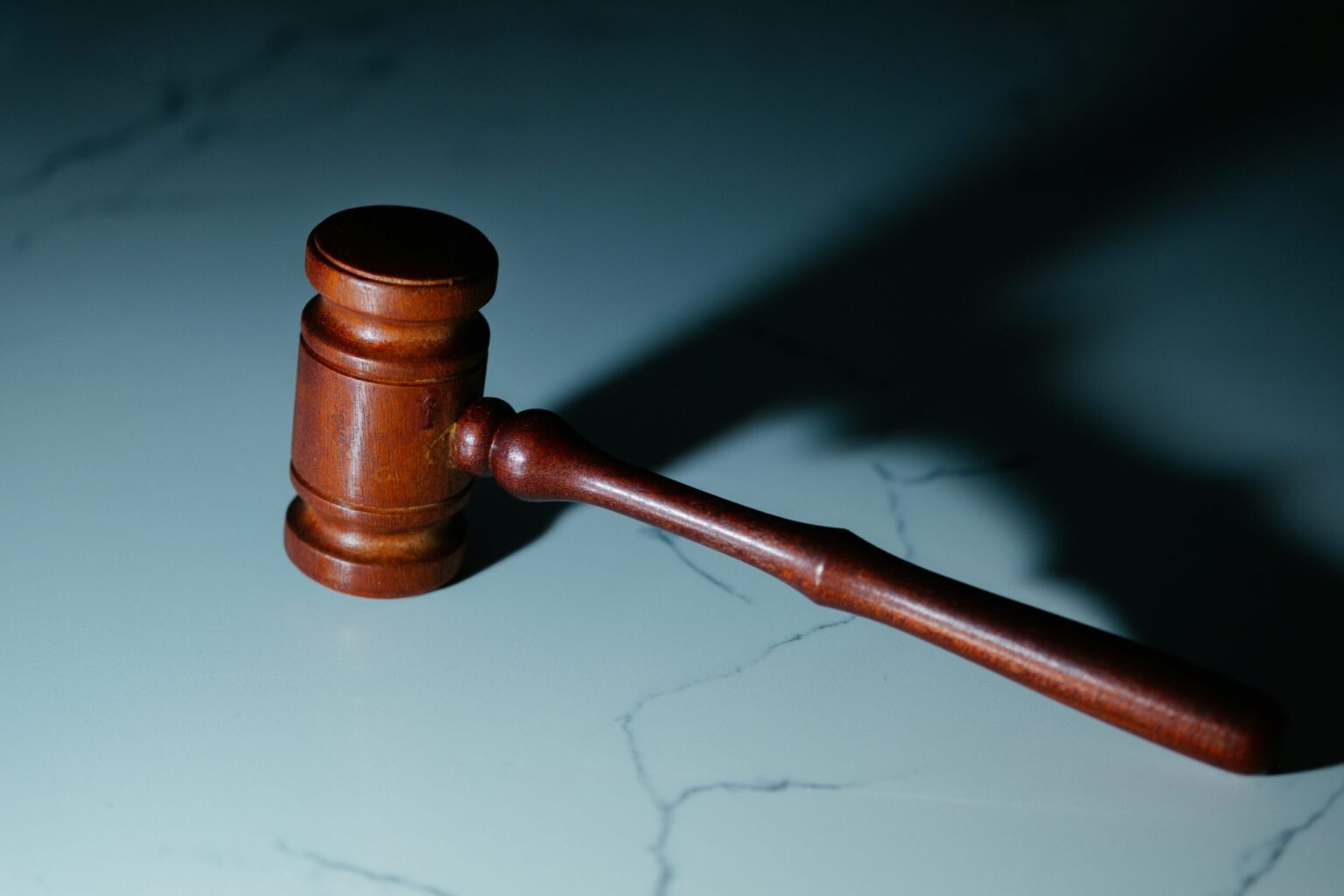In an era marked by rapid technological advancements and complex financial dynamics, understanding the intricate world of cryptocurrency is essential. The digital currency ecosystem is both a thrilling opportunity and a complex challenge for investors and policymakers alike. Recent developments in this arena, such as legal episodes involving high-profile figures and regulatory concerns, have captured widespread attention. This discussion delves into such a notable instance, examining its implications and the legal contours that surround it to shed light on the broader cryptocurrency landscape.
Changpeng Zhao’s Legal Battle Against Senator Warren
The cryptocurrency world was recently stirred when Changpeng Zhao, the founder of Binance, announced his intentions to sue US Senator Elizabeth Warren for defamation. This move follows Warren’s public criticisms, which Zhao’s legal team has claimed were defamatory, in response to a controversial pardon by then-President Donald Trump.
Legal Tensions Mount
According to Zhao’s legal representative, Teresa Goody Guillén from the law firm Baker & Hostetler, a formal demand for a public retraction has been issued to Senator Warren. The case hinges on a social media post where Warren accused Zhao of money laundering and suggested his pardon was purchased. The legal argument presented is that Warren’s statement mischaracterizes the nature of Zhao’s guilty plea, which involved regulatory compliance issues rather than a direct money laundering conviction.
In 2023, Zhao brokered a settlement related to shortcomings in Binance’s anti-money-laundering protocols, agreeing to a substantial financial penalty and a brief incarceration. These events, alongside the controversial pardon received from President Trump in October 2025, have drawn significant scrutiny and debate regarding the intersection of politics and cryptocurrency regulations.
Political Repercussions
Senator Warren’s remarks, made on the social platform X (formerly known as Twitter), pointedly criticized Zhao’s pardon, framing it as emblematic of broader corruption issues. Her commentary underscored the need for congressional vigilance against such perceived abuses of power. This narrative was reiterated in official statements from her Senate office, amplifying the political ramifications of the pardon, especially in the highly sensitive context of financial crimes and digital currency governance.
Legal and Public Perception Challenges
The legal threshold for defamation in the United States is notably high, especially concerning public figures. Plaintiffs must demonstrate that false statements were made with actual malice, entailing knowledge of their falsehood or reckless disregard for the truth. Zhao’s legal team, however, contends that statements made by Senator Warren on social media might not be shielded by typical congressional immunities, potentially setting a legal precedent.
The crux of Zhao’s defense emphasizes the distinction between his plea for regulatory compliance failures and an outright money-laundering conviction. This differential is pivotal not only legally but also in shaping public perceptions, as the allegations and subsequent fines drew widespread media coverage due to their scale and the sensitive claims associated with illicit transactions on the Binance platform.
FAQs on Cryptocurrency Legal Matters
What are the implications of defamation cases in the cryptocurrency industry?
Defamation cases, particularly involving prominent figures like CZ and political leaders, can significantly impact public trust and the regulatory landscape of the cryptocurrency industry. They highlight the importance of clear, factual communication and the potential consequences of misinformation in digital finance.
How does a pardon influence a figure’s standing in the crypto community?
A presidential pardon can alter public and regulatory perceptions of an individual’s credibility and legitimacy within the crypto community. While it can offer a clean slate legally, it may not erase public skepticism or affect market dynamics.
What role do social media platforms play in legal disputes involving public figures?
Social media platforms serve as crucial arenas for public discourse and can amplify the impact of statements made by public figures, influencing public perception and potentially opening them up to legal action if those statements are deemed defamatory.
As the cryptocurrency sphere continues to evolve, the interplay between legal frameworks, political actions, and market responses remains a pivotal area of exploration, offering insights into the future of digital currencies and their governance.

